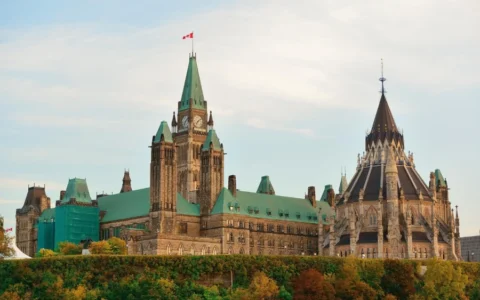The EU is set to fortify its visa policy framework by updating the mechanism that allows for the suspension of visa-free travel agreements with third countries. This revision, agreed upon by the ambassadors of EU member states, enhances the EU’s capacity to respond to situations where visa-free access is misused or poses risks to the union’s interests.
The new regulation introduces additional criteria for suspending the visa-free regime, including misalignment with EU visa policies that could lead to increased arrivals, the operation of investor citizenship schemes without genuine links to the third country, hybrid threats, and deficiencies in document security. Furthermore, the EU can now suspend visa-free arrangements if there is a significant and sudden deterioration in relations with a third country, especially concerning human rights and fundamental freedoms.
Existing criteria for suspension remain effective, covering issues like increased entry refusals or overstays, a rise in unfounded asylum applications, reduced cooperation on readmission, and threats to public policy or internal security.
The update clarifies the criteria for countries that have undergone a visa liberalisation dialogue but failed to meet the benchmarks for visa-free travel.
The revised mechanism also adjusts the thresholds for triggering a suspension, setting a 30% increase (as opposed to the initially proposed 50%) for indicators like entry refusals, overstays, and unfounded asylum applications. The threshold for considering an asylum application recognition rate as low is now at 20%.
The duration for temporary visa exemption suspension extends from nine to twelve months, with a possible extension of up to 24 months. During this period, the European Commission will engage with the third country to address the issues prompting the suspension. Should these efforts fail, the EU may permanently revoke the visa-free status.
Additionally, the amendment includes a provision for a reference period of at least two months to identify circumstances that may lead to suspension, allowing for the consideration of longer-term trends.
This agreement paves the way for negotiations with the European Parliament to finalize the legal text. The update reflects the EU’s commitment to balancing the benefits of visa-free travel with the need to manage migration and security challenges effectively. The EU maintains visa-free agreements with 61 third countries, permitting short stays of up to 90 days within a 180-day period in the Schengen area.






